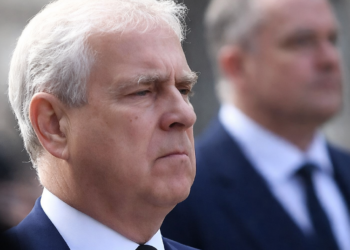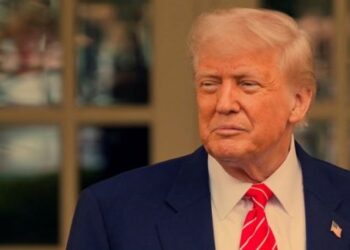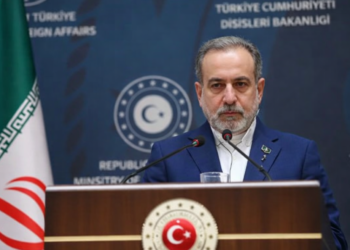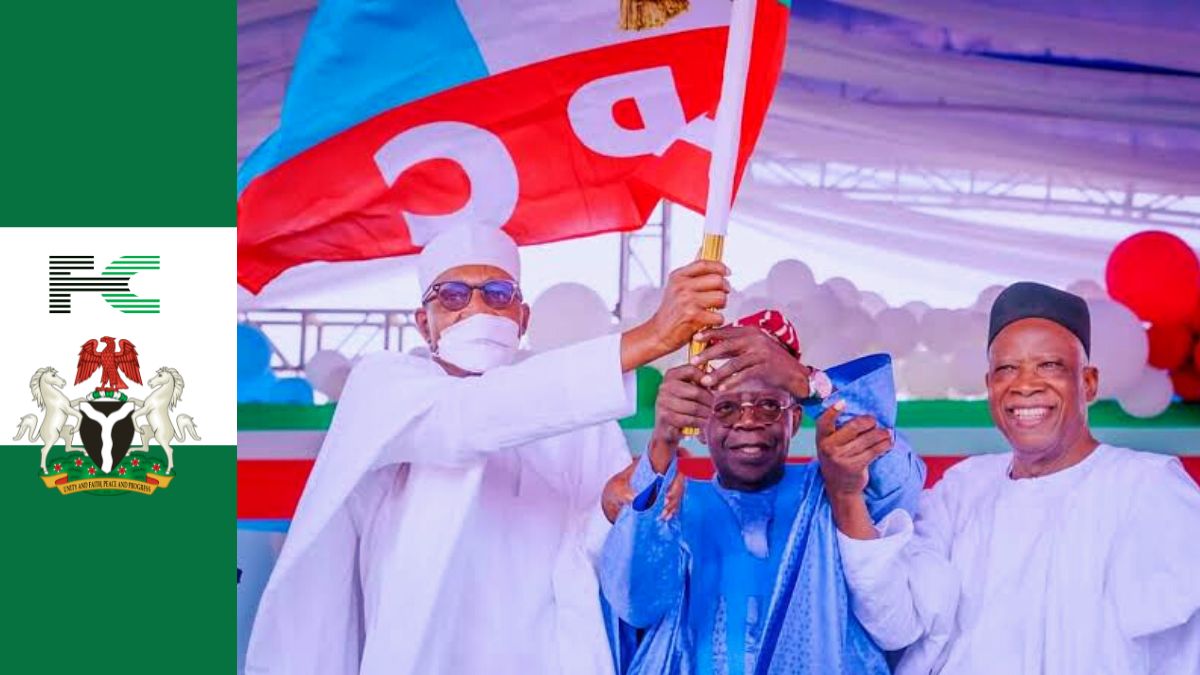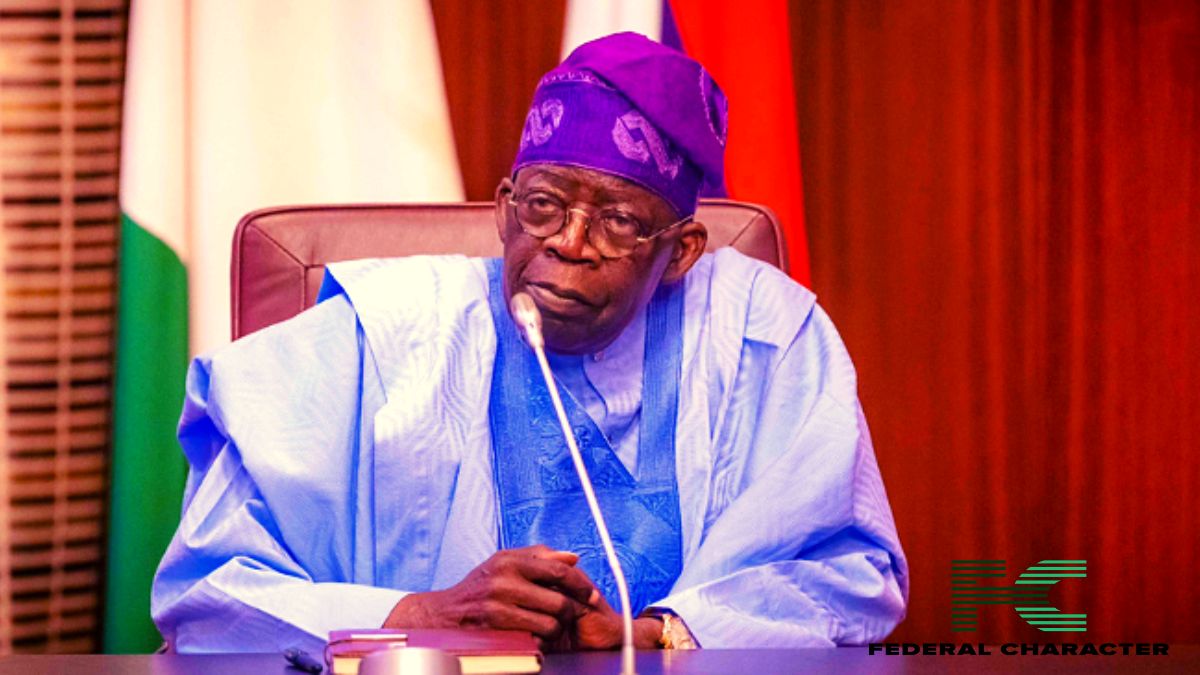The United States has formally proposed an international travel ban and asset freeze on RSF head of operations Osman Mohamed Hamid Mohamed and RSF West Darfur Commander Abdel Rahman Juma Barkalla. But, as is typical with the UN, the 15-member Sudan sanctions committee, which makes decisions by consensus, could drag its feet. If no objections are raised by Friday afternoon, the sanctions will go through. However, any member can request more time to ponder, place the proposal in indefinite limbo, or block it outright.
Sudan’s civil war has been a breeding ground for ethnically driven violence, primarily blamed on the RSF. The RSF, in a classic move, denies any wrongdoing, shifting blame to rogue elements within its ranks. But the United States isn’t buying it, accusing both the SAF and RSF of committing war crimes, with the RSF and its militias also facing accusations of crimes against humanity and ethnic cleansing.
The human toll is staggering, nearly 25 million people, half of Sudan’s population, are in desperate need of humanitarian aid. With famine looming, 10 million people have been forced from their homes, with over 2.2 million fleeing to neighboring countries.
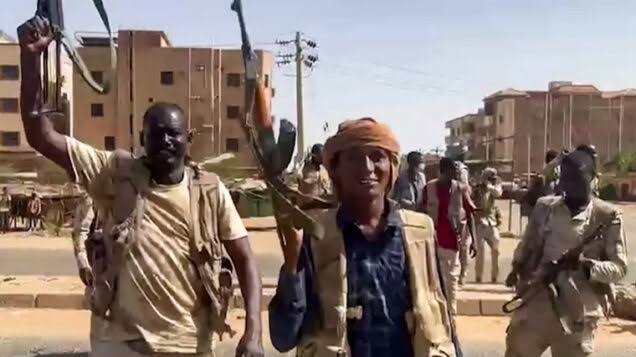
The U.N.’s Sudan sanctions regime was established back in 2005, initially aimed at resolving the conflict in Darfur. So far, only three individuals have been sanctioned under this regime, with the last additions made in 2006. An arms embargo on Darfur has been in place since 2004. It’s worth recalling that in the early 2000s, an estimated 300,000 people were killed in Darfur when the “Janjaweed” militias, from which the RSF emerged, aided the army in crushing a rebellion by mostly non-Arab groups. Former Sudanese leaders remain wanted by the International Criminal Court for genocide and crimes against humanity.
Will there be justice for the countless victims in Sudan, or will bureaucracy and geopolitical maneuvering win the day again?


